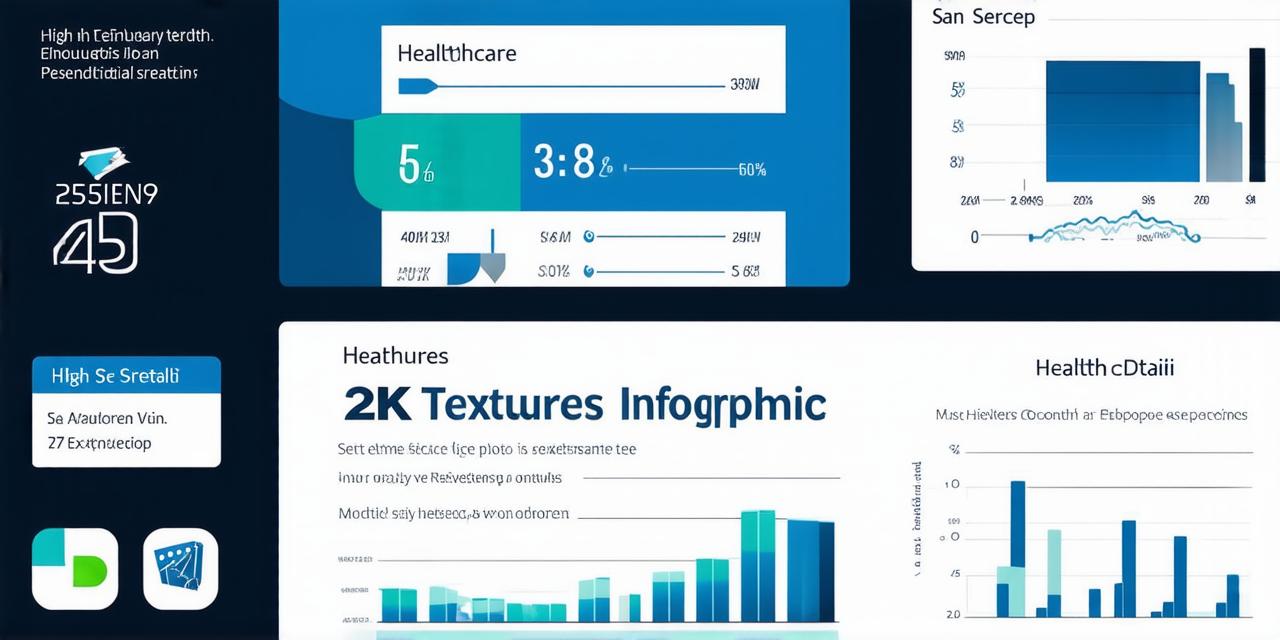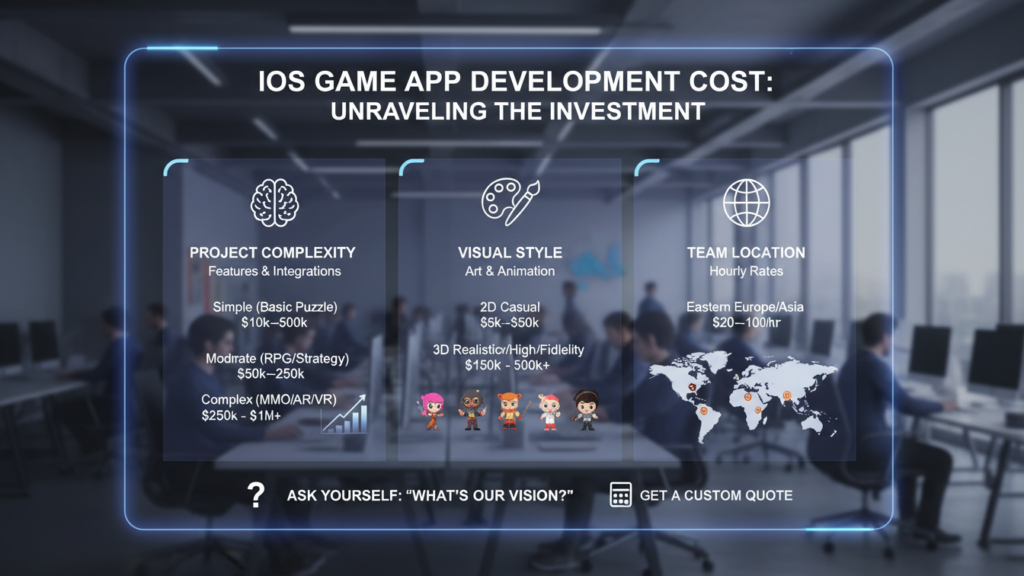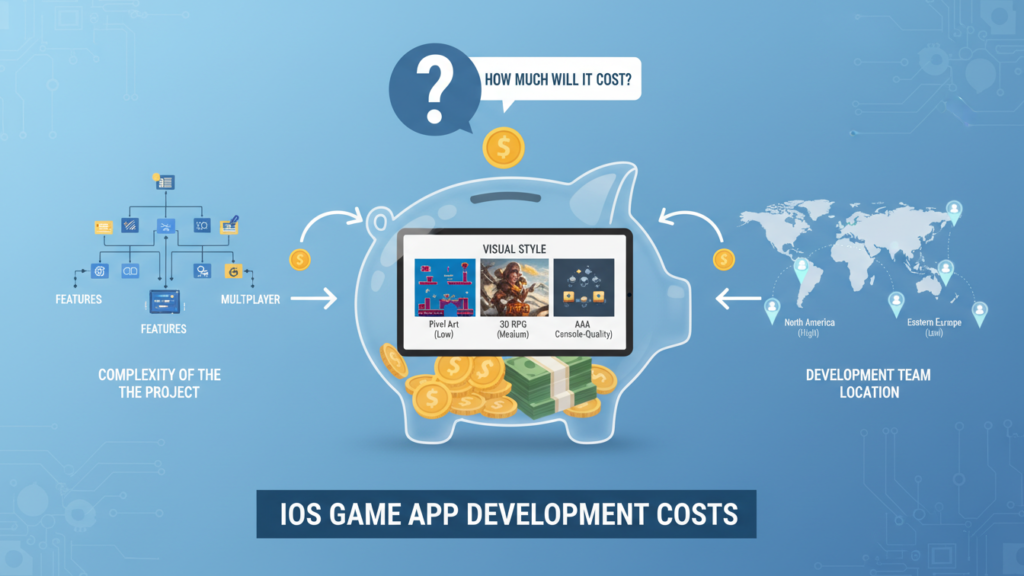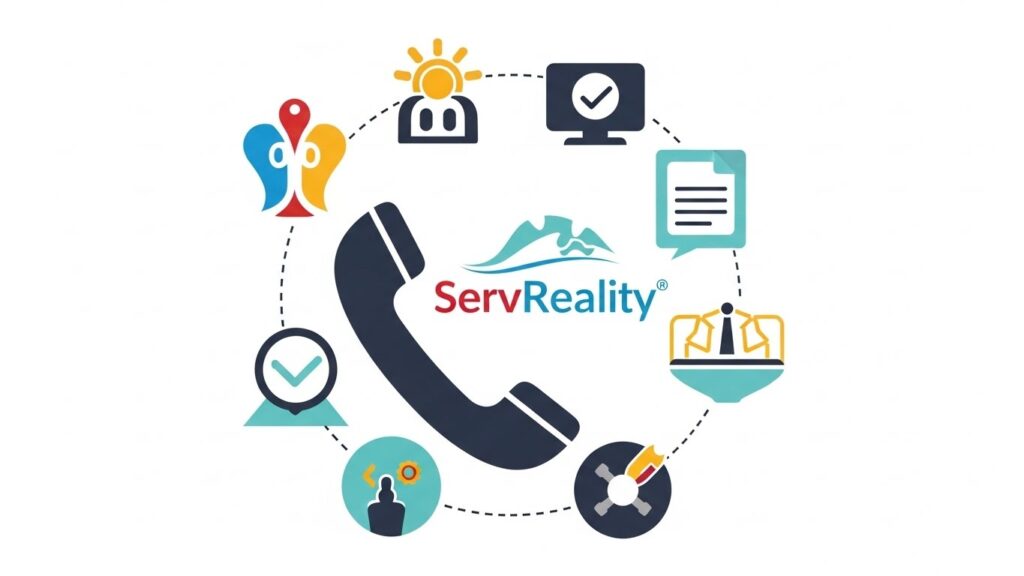Health apps have become increasingly popular in recent years as more people seek to take control of their health and wellbeing. As a developer, creating a successful health app can be challenging, but with the right knowledge and planning, you can create an app that resonates with your target audience and helps them achieve their health goals. In this article, we will explore some essential considerations for health app developers, including user experience, data privacy, and regulatory compliance.
1. User Experience: Creating a Great App That People Want to Use
One of the most important aspects of developing a successful health app is creating a great user experience (UX). Users are more likely to use an app that is easy to navigate, intuitive, and visually appealing. Here are some tips for improving user experience in your health app:
- Keep the interface simple and easy to understand.
- Avoid cluttering the screen with too much information or too many features.
- Use clear and concise language throughout the app. Avoid jargon or technical terms that users may not understand.
- Provide personalized recommendations based on user data, such as their activity level, diet, or sleep patterns. This can help users stay motivated and engaged with the app.
- Offer gamification features to make the app more fun and engaging. For example, you could include challenges, rewards, or social sharing options.
- Test the app with real users to identify areas for improvement and ensure that it meets their needs and expectations.
2. Data Privacy: Protecting User Information and Building Trust
Data privacy is a critical concern for health apps, as they often collect sensitive information about users’ health and wellbeing. It is essential to protect user data from unauthorized access and ensure that it is used only for its intended purpose. Here are some best practices for ensuring data privacy in your health app:
- Implement robust security measures to protect user data from hacking or cyber attacks. This can include encryption, firewalls, and regular security audits.
- Obtain explicit consent from users before collecting any personal information about them. Users should be aware of what data is being collected and how it will be used.
- Follow all relevant data protection regulations, such as GDPR in the EU or HIPAA in the US. These regulations set out strict guidelines for handling user data and require app developers to obtain explicit consent from users before collecting any personal information.
- Limit access to user data to only those who need it. For example, you may need to share data with healthcare providers or insurance companies, but this should be done on a need-to-know basis.
- Provide users with control over their data, including the ability to delete or modify their personal information at any time.
3. Regulatory Compliance: Navigating the Complex Legal Landscape
Health apps are subject to a range of regulations and guidelines that can vary depending on the jurisdiction in which they are used. As a developer, it is essential to ensure that your app complies with all relevant laws and regulations. Here are some key regulatory considerations for health app developers:
- Obtain any necessary licenses or certifications from relevant regulatory bodies, such as the US Food and Drug Administration (FDA) or the European Medicines Agency (EMA).
- Comply with relevant data protection regulations, such as GDPR in the EU or HIPAA in the US. These regulations set out strict guidelines for handling user data and require app developers to obtain explicit consent from users before collecting any personal information.
- Ensure that your app meets the necessary technical requirements for its intended use, such as accuracy, reliability, and safety. This can include undergoing independent testing or obtaining certification from a recognized standards body.
- Be transparent about the limitations of your app and provide clear and accurate information to users about what it can and cannot do.
- Keep up-to-date with any changes in regulations or guidelines that may affect your app and make any necessary modifications accordingly.
Case Study: MyFitnessPal – A Successful Health App That Takes User Experience Seriously
MyFitnessPal is a popular health app that helps users track their food intake, exercise, and calorie expenditure to achieve their weight loss goals. The app has been downloaded millions of times and has received positive reviews from users for its user-friendly interface and personalized recommendations.
To create a successful app like MyFitnessPal, developers need to focus on creating a great user experience that keeps users engaged and motivated. This includes providing personalized recommendations based on user data, offering gamification features to make the app more fun and engaging, and testing the app with real users to identify areas for improvement.
Conclusion: Creating a Successful Health App Requires a Holistic Approach
Creating a successful health app requires developers to take a holistic approach that focuses on user experience, data privacy, and regulatory compliance. By doing so, they can create an app that resonates with their target audience and helps them achieve their health goals.
In addition to these essential considerations, developers should also stay up-to-date with the latest trends and technologies in the health tech industry and be willing to adapt and innovate as needed. By doing so, they can create an app that stands out from the competition and makes a real difference in people’s lives.
FAQs:
Here are some common questions about creating successful health apps:
- What are some common challenges faced by health app developers?
- How can health app developers ensure that their app complies with relevant data protection regulations?
- What are some best practices for ensuring data privacy in a health app?
Common challenges faced by health app developers include creating a great user experience, ensuring data privacy and security, and navigating complex regulatory requirements.
Health app developers can ensure that their app complies with relevant data protection regulations by obtaining explicit consent from users before collecting any personal information, implementing robust security measures to protect user data, and following all relevant data protection guidelines.
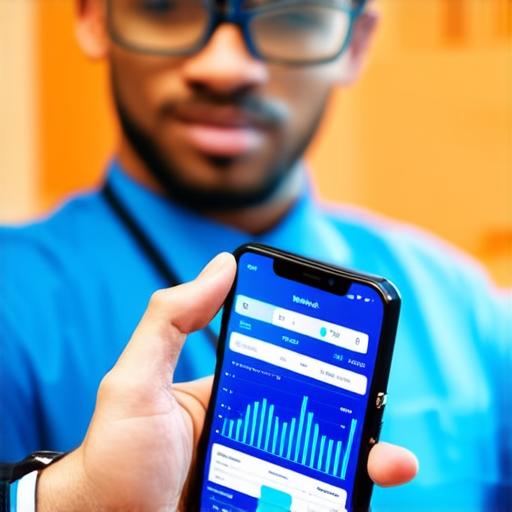
Some best practices for ensuring data privacy in a health app include implementing robust security measures, obtaining explicit consent from users, limiting access to user data to only those who need it, providing users with control over their data, and following all relevant data protection regulations.
